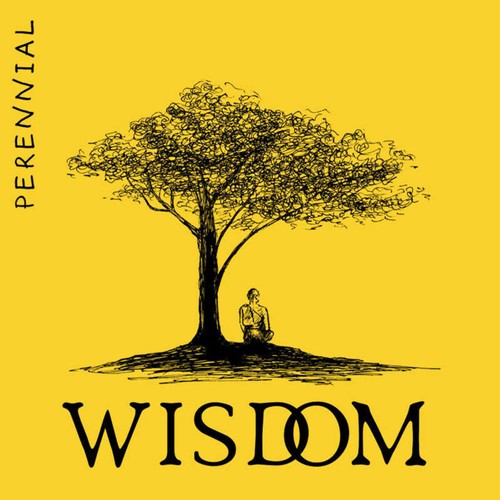
 Perennial Wisdom
Perennial Wisdom Woo-kyoung Ahn | Thinking 101: How to Reason Better to Live Better
Mar 29, 2023
Woo-kyoung Ahn, John Hay Whitney Professor of Psychology at Yale University, specializes in higher-level reasoning. She delves into how cognitive psychology can enhance daily life and the powerful allure of fluency in perception. Ahn explains the difference between rumination and contemplation, emphasizing the challenge of answering 'why' questions. She shares insights on visualizing our future selves, the importance of critical thinking, and navigating judgment and overconfidence. Her discussion highlights practical applications of reasoning for personal growth and wisdom in daily life.
Chapters
Transcript
Episode notes
1 2 3 4 5 6 7 8
Intro
00:00 • 3min
From Medicine to Mind: A Journey in Psychology
02:41 • 4min
Unlocking the Power of Critical Thinking
06:59 • 2min
The Practical Impact of Cognitive Psychology
08:46 • 2min
Navigating Judgment and Confidence
10:23 • 17min
Navigating Causal Complexity
27:23 • 11min
Engaging Learning Through Intuitive Judgments and Humbling Realizations
38:18 • 2min
Embracing Future Self: A Journey of Growth
40:06 • 12min
